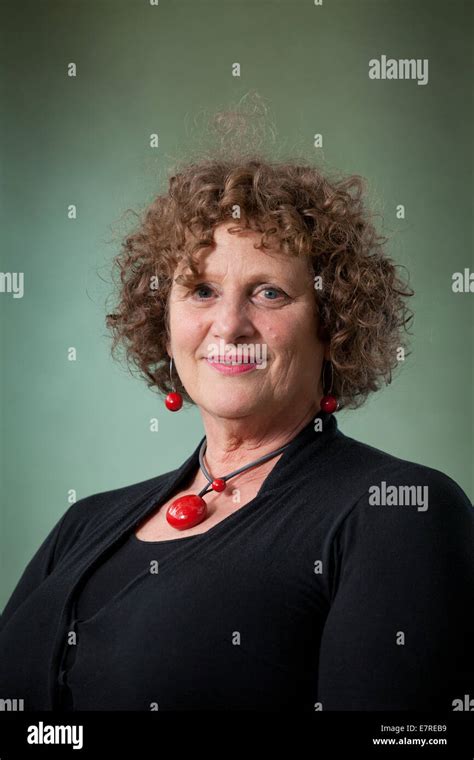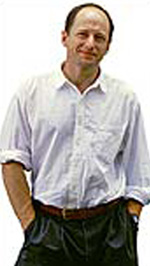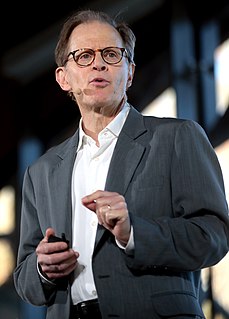A Quote by Derrick Jensen
The stories we are told shape the way we see the world, which shapes the way we experience the world.
Related Quotes
We read to find out what the world is like, to experience lots of lives, not just the one we live. If it is true that our lives are chaotic and we crave a shape, stories are the shapes that we put on experience, containing all the wisdom in the world. We can even choose what kind of wisdom suits us.
The truth of the matter was stories was everything and everything was stories. Everybody told stories. It was a way of saying who they were in the world. It was their understanding of themselves. It was letting themselves know how they believed the world worked, the right way and the way that was not so right.
I believe in the complexity of the human story, and that there's no way you can tell that story in one way and say, 'this is it.' Always there will be someone who can tell it differently depending on where they are standing ... this is the way I think the world's stories should be told: from many different perspectives.
If I stand there, appreciating the world around me as full of amazing sounds and the possibility of new ones, I think that invites other people to see the world that way, too. I love sharing the experience of singing with people, and I love sharing my stories. But when it comes to teaching, I have a lot of help.
The way we see the world shapes the way we treat it. If a mountain is a deity, not a pile of ore; if a river is one of the veins of the land, not potential irrigation water; if a forest is a sacred grove, not timber; if other species are biological kin, not resources; or if the planet is our mother, not an opportunity -- then we will treat each other with greater respect. Thus is the challenge, to look at the world from a different perspective.
My actual experience is not different. It is my evaluation and attitude that differ. I see the same world as you do, but not the same way. There is nothing mysterious about it. Everybody sees the world through the idea he has of himself. As you think yourself to be, so you think the world to be. If you imagine yourself as separate from the world, the world will appear as separate from you and you will experience desire and fear. I do not see the world as separate from me and so there is nothing for me to desire, or fear.



































